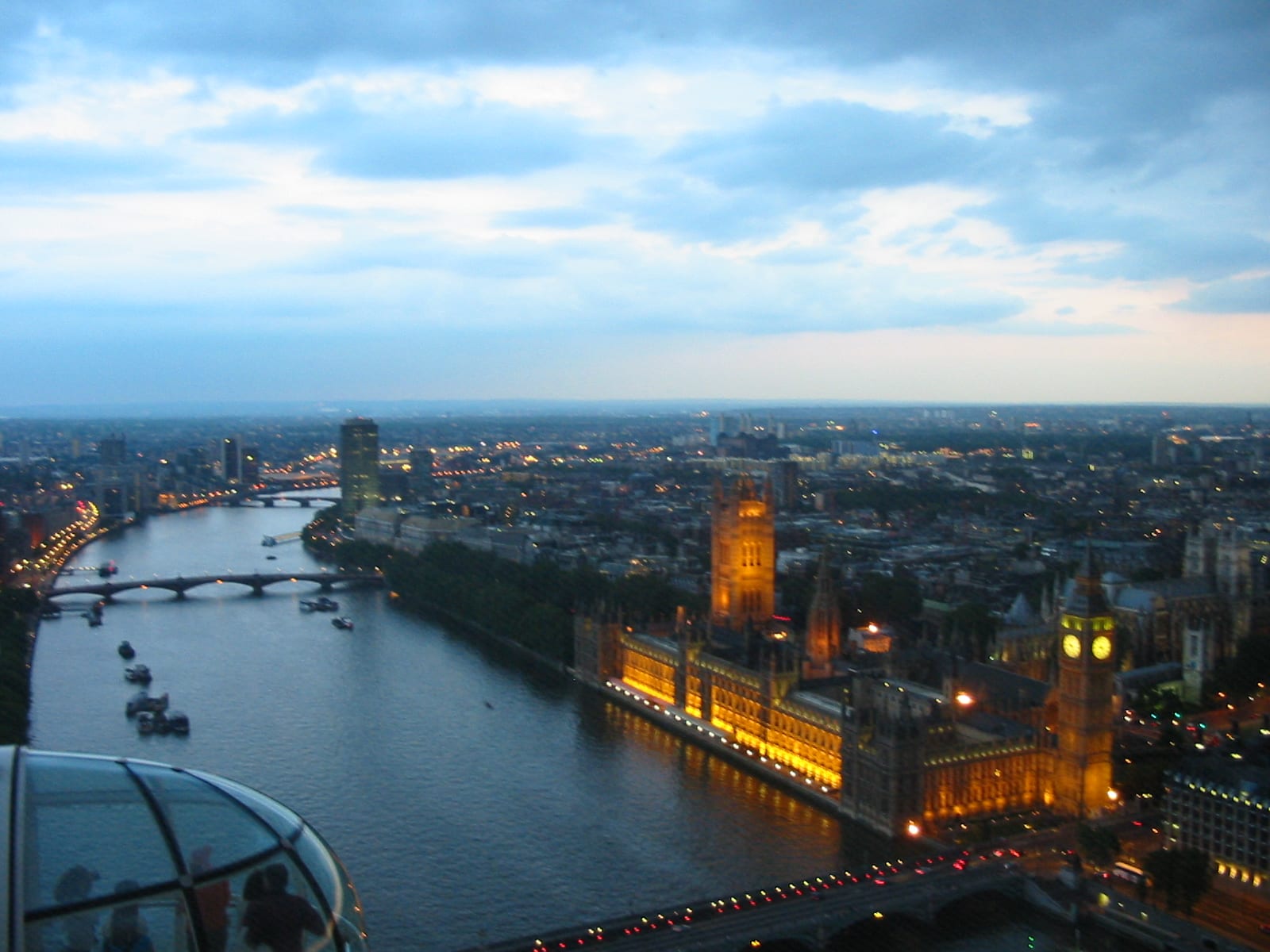Greg Barker, the UK’s Energy and Climate Change minister, recently expressed that a “decentralized power to the people energy revolution” is doable. He understands that this developing sector, now half a million local energy systems in UK homes and businesses, will be able to reinvent the power structure of energy.
Instead of “the Big Six,” he believes it is possible for millions of individual consumers and smaller businesses to become producers in the energy network. His vision is authentic power to the people via an energy transition that breaks through the status quo. Everyone can develop into a generator of energy by adopting renewable energy.
BusinessGreen’s Will Nichols shares highlights of a recent Conservative Party conference and Barker’s words:
“I want to unleash a completely new model of competition and enterprise. I want to encourage a vast new army of disruptive new energy players to challenge the Big Six,” Barker said.
From individual consumers to community groups, entrepreneurs, SMEs and FTSE giants, I want them all to consider generating their own energy at real scale, as well as starting to sell their excess energy on a commercial basis. A decentralised power to the people energy revolution – not just a few exemplars but tens of thousands of them. The Big Six need to become the Big 60,000.”
As Barker and others addressed the Conservative Party conference, he expressed his vision of accentuating solar energy, pointing out that the falling costs of solar – as well as technologies such as combined heat and power, geothermal, biomass, energy from waste and hydro power – were driving jobs and growth. The article continues:
…. But Barker added that the government needs to do more to “cut red tape” and eradicate over-complicated policy to drive further growth of the green economy.
“We must also look to do far more to integrate our new policies that help families produce their own renewable electricity with our new incentives to help families generate renewable heat, and make sure they work hand in glove with the range of new Green Deal energy efficiency measures which help hardworking families keep their homes warmer for less,” he said.
Other speakers, highlights, and opinions in this Nichol’s article find Barker in a polarity with Chancellor George Osborne, who has been criticized for his lack of interest in a progressive movement towards a healthier environment and clean energy jobs.
His words contrasted greatly with Chancellor George Osborne, who said prior to the conference that he did not want the UK to be a world-leader in fighting climate change, as environmental commitments damage the country’s competitiveness.
Beyond renewable energy, the topic of high-speed rail — a hot topic in England these days — was also discussed. While acknowledging rising costs, the UK’s Transport Secretary highlighted the tremendous need for the controversial new high-speed rail line:
Also today, Transport Secretary Patrick McLoughlin reiterated his “proud” support for the much-criticized HS2 high-speed rail line. Costs are spiraling for the £42bn project, but McLoughlin insisted the link from London to Birmingham and then to Manchester and Leeds, is “an essential heart bypass to the clogged arteries of our current transport system” and attacked the “London commentators” deriding the scheme.
“Our current rail system is almost full — there just isn’t the space we need for the future,” he said. “The new line will make more room for freight on rail and take the strain off our roads. And it will have the same capacity as a new 12-lane motorway.
“Now I promise you — I hear the critics. Boy, do I hear the critics. But the truth is we need a new north-south line to make
our country stronger.”
Read more at http://cleantechnica.com/2013/10/14/decentralised-power-people-energy-revolution-uk/#d5OlS2veHfdxJ3UC.99










